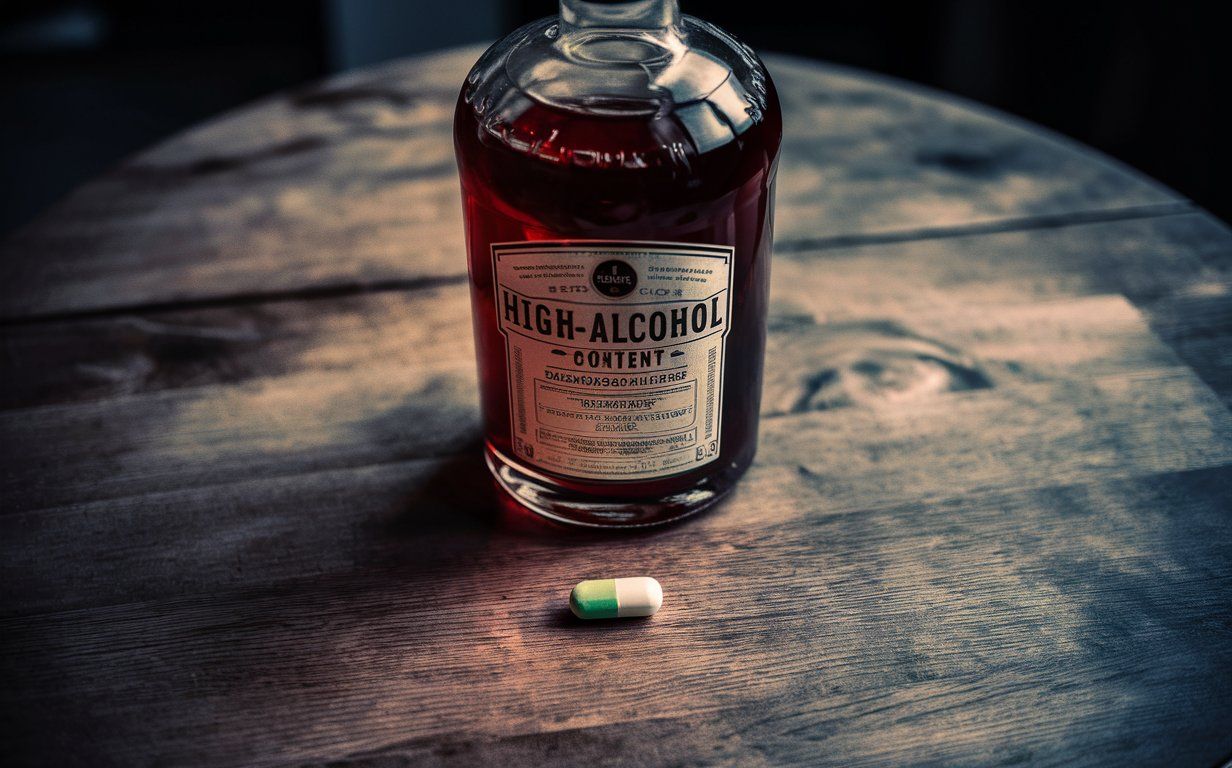

Ozempic, a diabetes treatment known for its ability to manage blood sugar levels and promote weight loss, is emerging as a potential solution for addiction treatment as well. Recent research indicates that Ozempic may help reduce drug and alcohol cravings, with a study highlighted in a Bloomberg opinion article showing its effectiveness in this area [b5c78ced]. This drug, belonging to the GLP-1 receptor agonist class, is believed to influence brain pathways that control appetite and reward. However, concerns have been raised regarding the pharmaceutical industry's interest in pursuing this indication, as addiction treatment may not be as lucrative as other therapeutic areas. The article emphasizes the necessity for further research and clinical trials to fully explore Ozempic's potential in addiction treatment while advocating for increased investment in addiction therapies, highlighting ethical dilemmas surrounding profit versus public health.
In addition to its potential in addiction treatment, a recent article from The Economist underscores the broader significance of GLP-1 receptor agonists like Ozempic in chronic disease management. These drugs are being hailed as some of the most important medical breakthroughs, potentially surpassing established medications such as Humira and Prozac. The Economist article emphasizes their transformative impact on patient care and the management of chronic diseases, suggesting that they could revolutionize treatment paradigms in healthcare [4f36b35a].
While Ozempic shows promise for addiction treatment, it is crucial to note that more data is required before it can be widely recommended for this purpose. Clinical trials are currently in progress to further investigate its effectiveness in treating drug and alcohol addiction. Meanwhile, there are already approved medications available for addiction treatment, including naltrexone, disulfiram, and acamprosate. The future use of Ozempic and similar drugs in addiction treatment will depend on the outcomes of ongoing research.
Moreover, researchers at ETH Zurich have developed a protein gel that breaks down alcohol in the gastrointestinal tract, converting it into acetic acid before it enters the bloodstream. This innovative gel aims to mitigate the harmful effects of alcohol consumption by transferring the breakdown process from the liver to the digestive system, thereby preventing the production of acetaldehyde, a toxic byproduct. Initial tests on mice demonstrated a significant reduction in blood alcohol content following the application of the gel, although clinical trials are still necessary before it can be approved for human use [e02897fe].